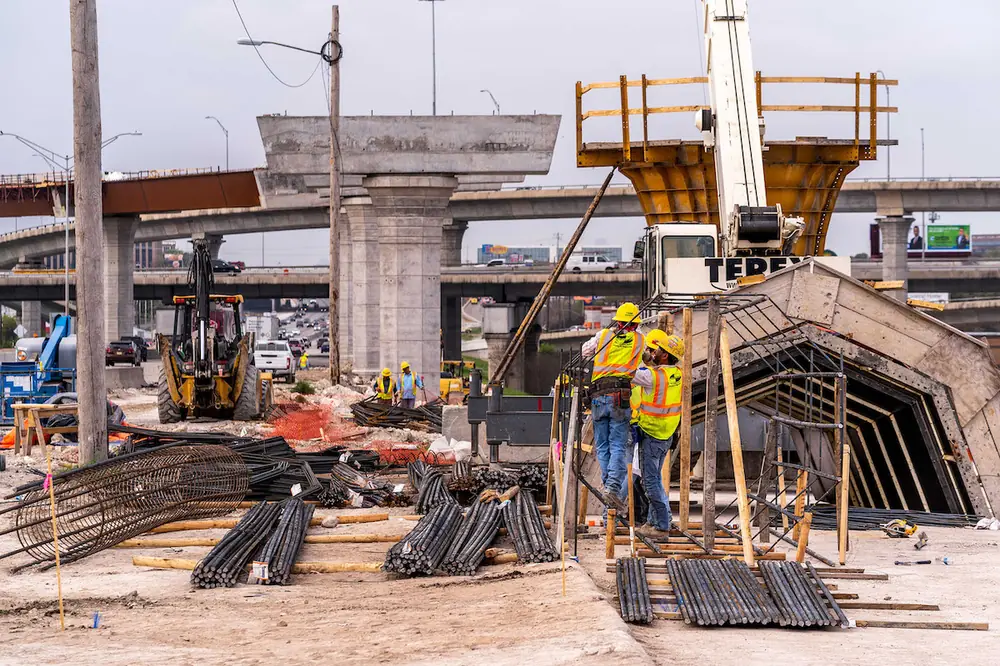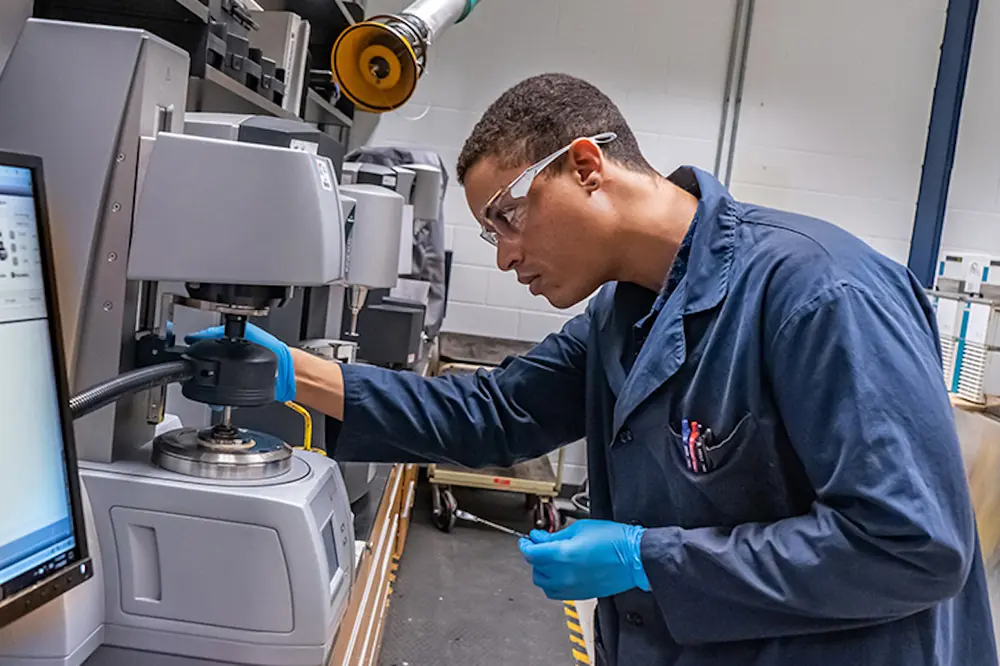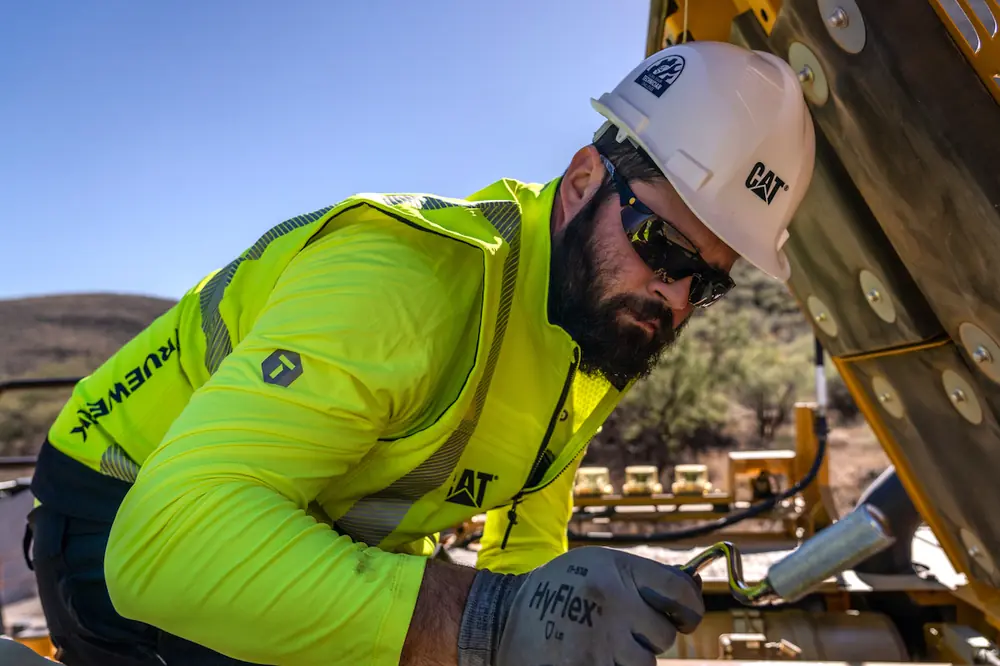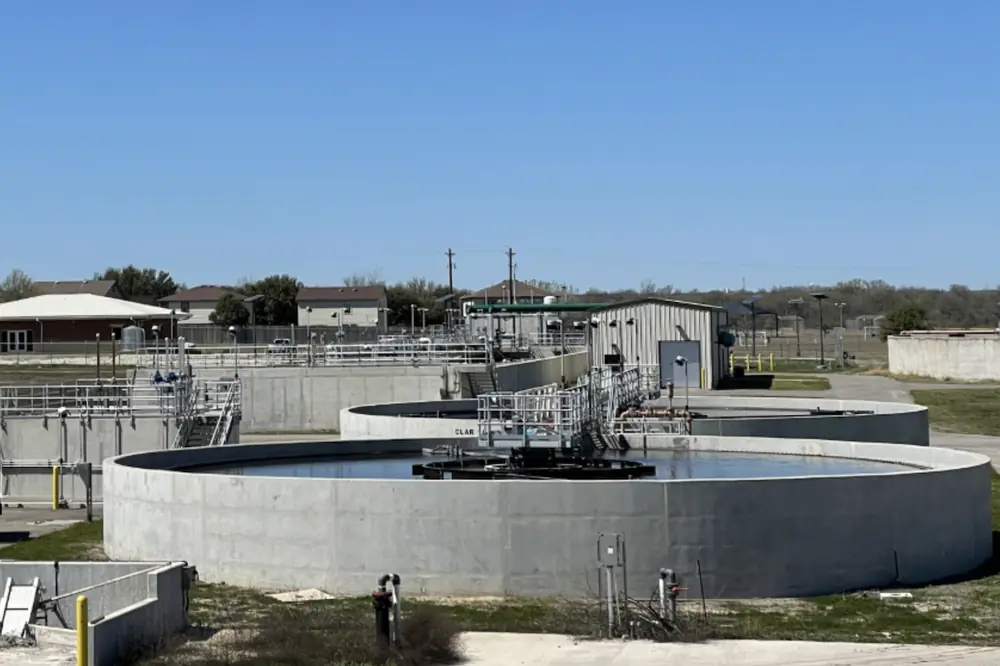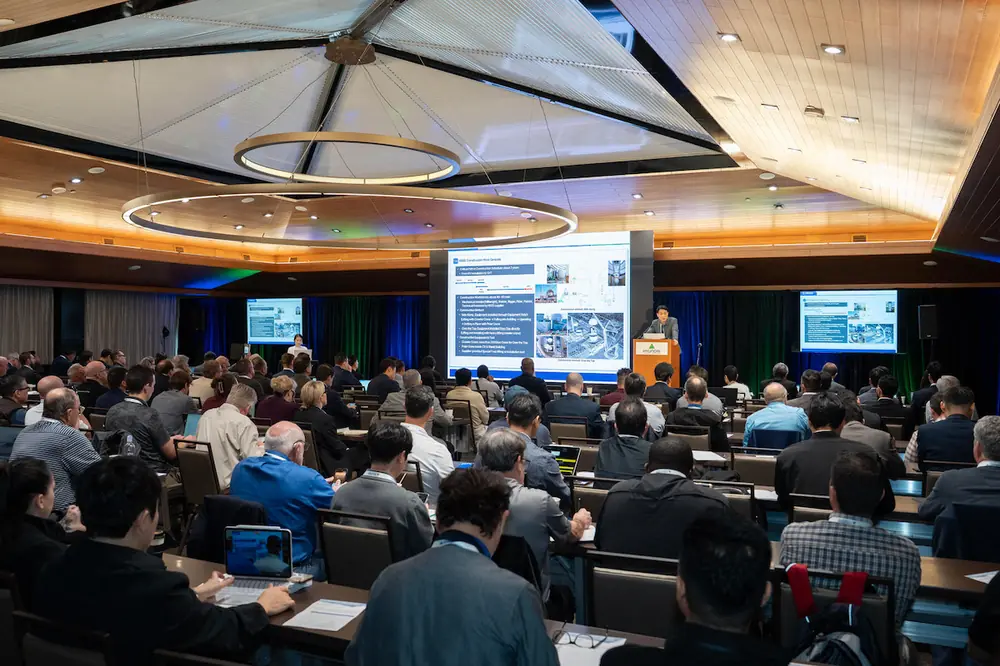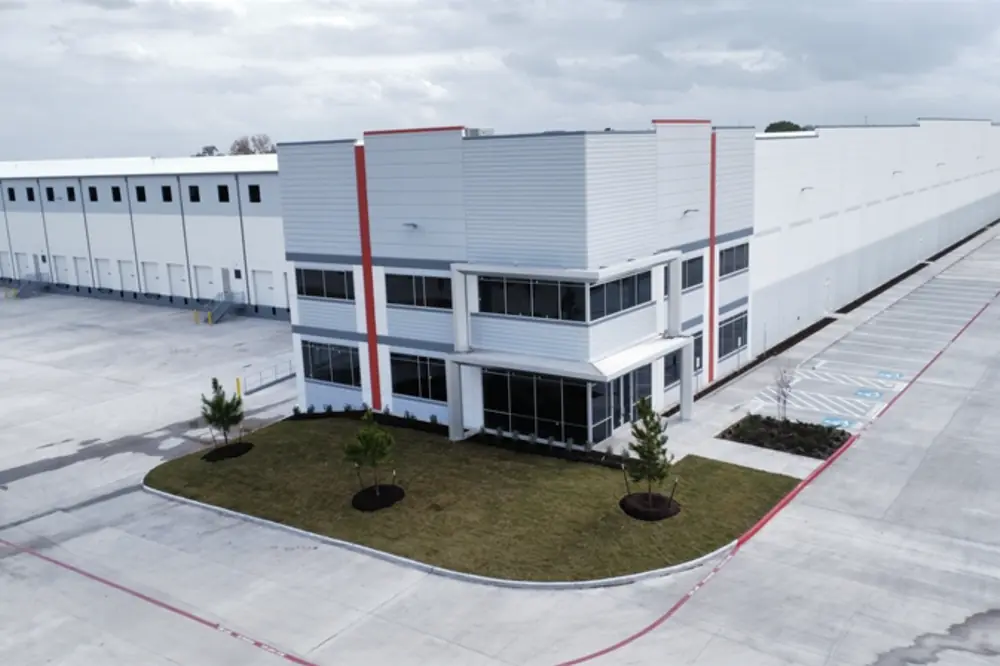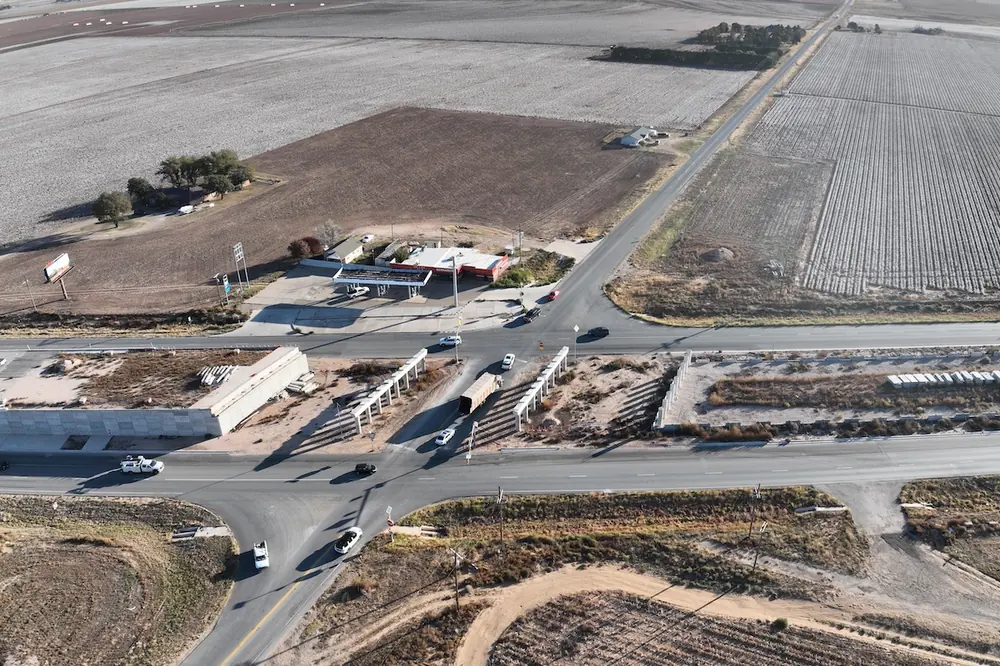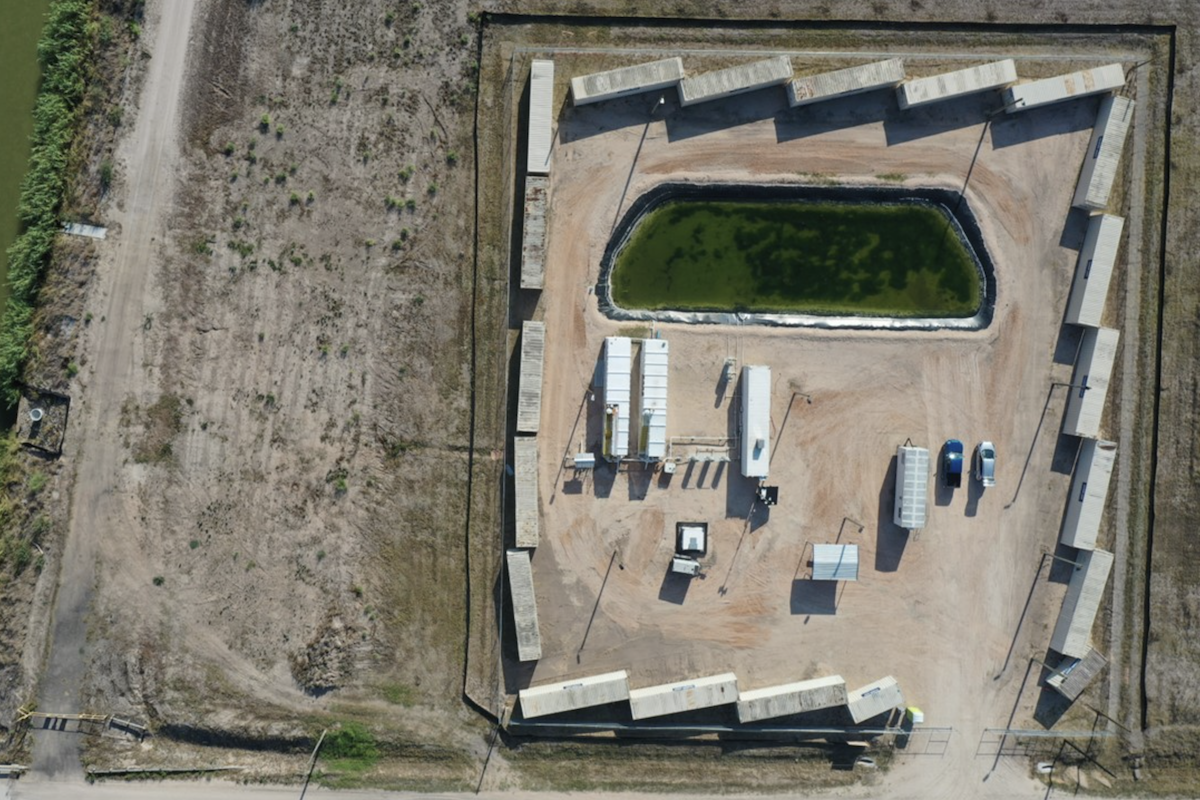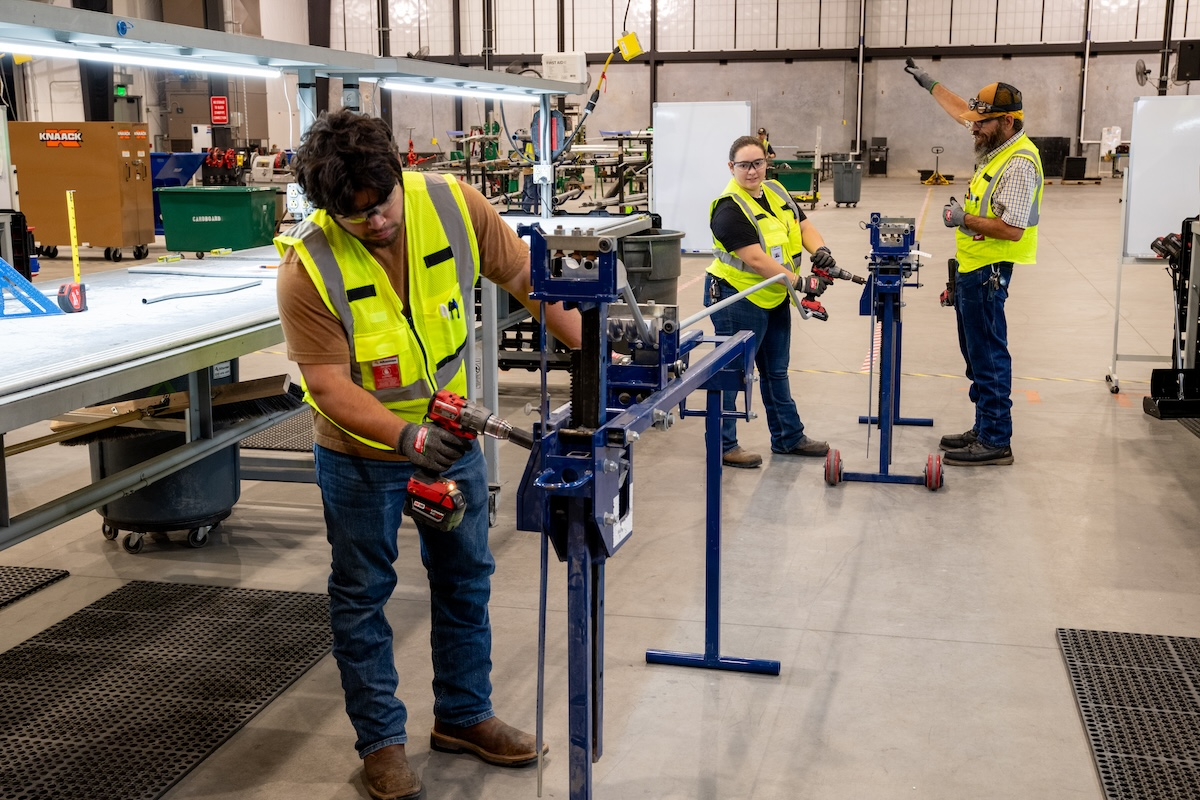This is easier said than done. Unexpected downtime, increasing operating costs and Murphy’s Law no doubt have their agendas. But producers can take concrete steps to prevent breakdowns, improve efficiency, and maximize screening uptime. Paying special attention to screen media selection, screen installation, and vibration analysis can all help mines and quarries take advantage of increased opportunities.
Some of the most durable options for primary decks are perforated steel plates and heavy-duty rubber. Steel plates are desirable for applications that require durable media and high open area. However, the heavier media can make maintenance and operation more challenging. Rubber media can likewise provide large openings but may be limited in open area and can suffer from blinding and pegging issues that hamper screening efficiency. Despite their drawbacks, steel plate and rubber media might be the best option for applications with heavy, abrasive material.
Wire screens are a third option. Though woven wire has been the traditional go-to for its high open area and inexpensive cost, it has a short wear life relative to the options previously discussed. High-vibration wire screens are more efficient and provide a compromise between the wear life of synthetic and woven wire media. The wires vibrate independently, amplifying the screening process and increasing throughput by as much as 40 percent. Plus, the blinding and pegging issues suffered by synthetic and even traditional woven wire media are significantly reduced. High-vibration wire screens are often the optimal choice for producers searching for ways to improve their production efficiency and output.
Technicians handling the screen media changeout should review the manufacturer’s instructions and ensure the panel is the proper size before starting the process. With each new set of screens, the crown bar rubber should be replaced. If not, it may not sit properly on the crown bar which can cause the cloth to chatter and eventually break.

| Your local Wirtgen America dealer |
|---|
| Nueces Power Equipment |
| Nueces Power Equipment |
When working with tensioned screen media, the number one priority is proper screen tensioning. Maintenance technicians should always tighten inner clamp rail bolts before moving to the outside bolts and changing machine sides to keep the panels centered. Tensioned screens should resemble a drum and not flex when pressed. Following these guidelines will help prevent premature wear or breakdowns, keeping the operation running and productivity high.
Some vibration analysis sensors are designed as tools for quick and easy screen media assessments. These innovative sensors provide information that can bring possible problems to light before they cause expensive breakdowns. Weak or damaged screens, loose bolts, and cracked side plates are a few examples of issues that often fly under the radar until they cause a costly and time-consuming unplanned shutdown.
Another benefit to vibration analysis sensors is that they can help visualize things like g-force, stroke, rpm, and orbit. An important measurement many systems do not capture, however, is lateral movement. Industry-leading sensors do all this and more. In addition to helping prevent catastrophic breakdowns and identify maintenance issues, the data provided by the sensors allows producers to fine-tune their vibrating screens for maximum performance. For the mine or quarry desiring to focus on maintaining high levels of efficiency, optimizing their vibrating screens with the help of vibration analysis will not only improve their productivity but help prevent problems before they happen. A worthy time investment on the front end that pays dividends in the form of efficiency and profit potential.
Gearing Up
It’s important to take stock when gearing up for highly demanding production requirements. Mineral processing facilities should work with an OEM to schedule a screen media consultation to analyze the screen media setup to prevent breakdowns, improve efficiency and maximize screening uptime.














